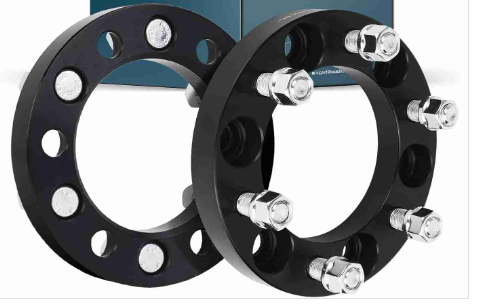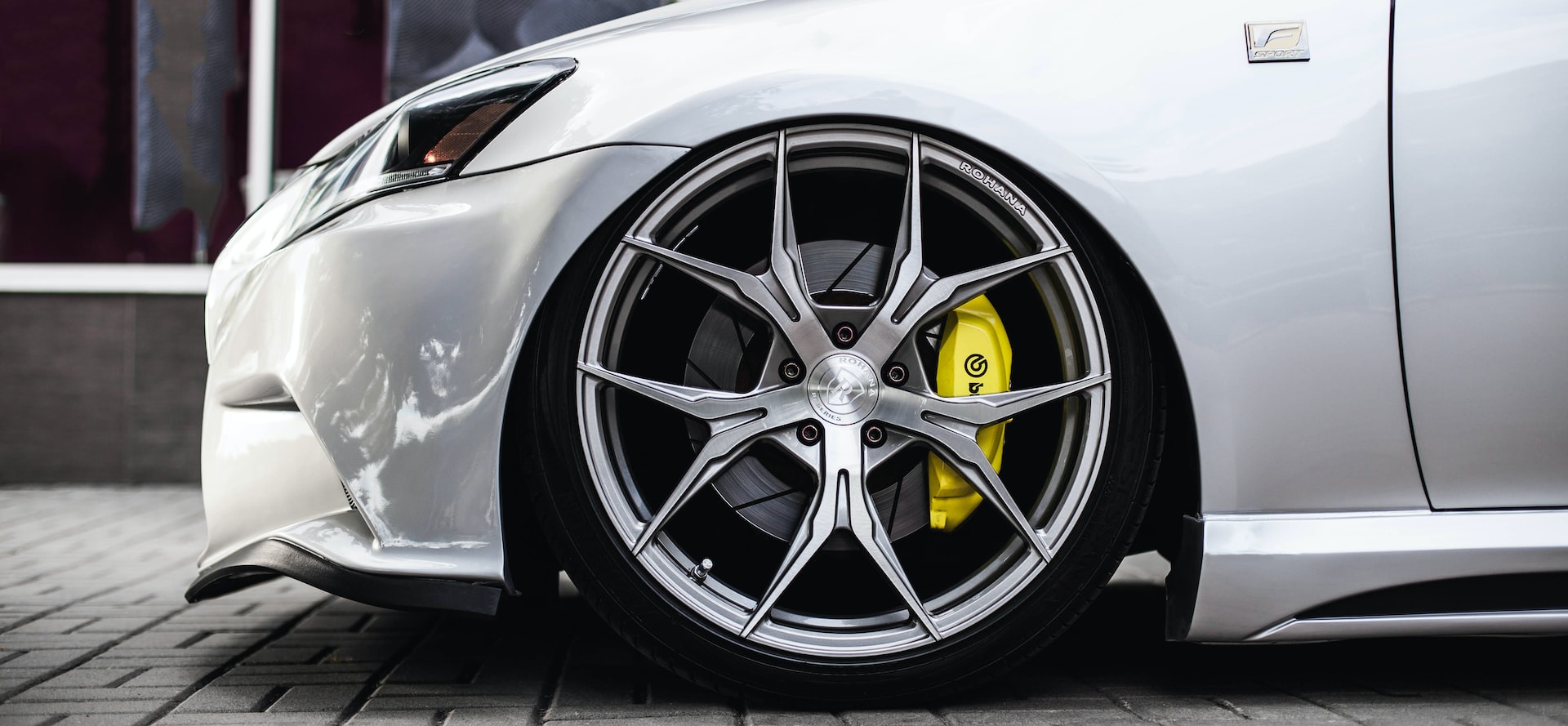If it is your first time purchasing automobile insurance, you are not to blame for being confused. With so many options available, it can be difficult to know which ones to choose. You can start by checking out sites like Waffle Insurance which offers multiple bundles to suit you, but keep reading this article to discover the types of insurance available and help you select the proper coverage.
Liability Insurance
Liability car insurance covers your compensation costs when you are responsible for a vehicle accident that causes damage or injuries to others. Liability insurance also covers the costs associated with your legal defense if you are sued due to an accident.
Liability insurance covers a wide range of vehicle-related incidents, such as crashing your vehicle into private property, causing a car accident that damages another person or vehicle, hitting a pedestrian with your car, or scratching another car in a car park. Unfortunately, there is no one-size-fits-all solution when it comes to insurance.
All the states in the United States require liability car insurance aside from New Hampshire and Virginia. The minimum insured sum required by law and the insurance cost differs from state to state. So, Pennsylvania car insurance and state minimums may be significantly less than in New York.
While state minimums may be adequate in some situations, they typically only cover minor accidents. If you are involved in a multi-vehicle crash, the resulting medical bills could easily exceed basic policy limits. Therefore, it is prudent to insure yourself for more than just the state minimum.
Collision / Comprehensive Insurance
Collision and comprehensive insurance are two types of insurance that are frequently sold together as they cover a range of peripheral problems that may come with car ownership. They are commonly packaged with vehicle lease agreements to ensure that rental cars are covered for any damage.
Collision insurance pays for car repair expenditures after a car collision, regardless of who is at fault. Comprehensive insurance covers various events such as car theft, vandalism, animal collisions, or falling branches. It also covers damage from natural occurrences such as hail, floods, and fire.
Uninsured Motorist Insurance
There is nothing worse than being involved in an accident and discovering that the driver that is liable for the accident does not have insurance. The process of securing compensation from an uninsured motorist can take months and cost you thousands of dollars of out-of-pocket expenses.
Uninsured motorist insurance and underinsured motorist insurance are two ways that you can protect yourself from irresponsible drivers. These policies will also cover expenses incurred from the accident in the event that the other driver’s insurance company refuses to compensate you.
Uninsured motorist insurance and underinsured motorist insurance can be used to pay for medical treatment for you and your passengers who got hurt during the accident, lost wages from work missed due to the accident, and funeral expenses in the event of a death. In some states, they can also be used to cover vehicle repair and replacement costs.
Personal Injury Protection
Personal injury protection coverage ensures that you and your passengers will be covered for any medical expenses for injuries sustained in an automobile collision, regardless of who caused the accident. In some states, this is compulsory, while it is optional in others.
Aside from medical bills resulting from the accident, personal injury protection will cover the costs of rehabilitation or therapy. It will also compensate you for lost wages due to the inability to work and the cost of replacement services to cover household tasks that you cannot perform.
Gap Insurance
Gap insurance is another type of insurance that is often mandatory if you lease your vehicle. Should your car get stolen or destroyed, gap insurance will cover the difference between the value of your car and the balance remaining on your auto loan. In some cases, this can amount to thousands of dollars.
New Car Replacement Insurance
As its name suggests, new car replacement insurance will replace your car with a brand new vehicle of the same make and model—minus the deductible—if your car is damaged beyond repair after an accident. This option is ideal for vehicles that depreciate quickly after purchase.
How to Choose Car Insurance Coverage
If you are buying a new car or taking out a car loan, you will need to have full coverage auto insurance. The definition of full coverage can change depending on your state but it typically refers to a combination of policies such as liability insurance and comprehensive and collision insurance.
Make sure that the policy you buy meets your state’s minimum insurance requirements and consider if you have the budget to increase your coverage. Although a higher monthly insurance premium may seem unappealing, it can save you tens of thousands of dollars in the event of a serious crash.
Do your research online, visit sites that rate car insurance companies, and be duly informed about your state’s requirements. Read reviews from existing customers about the different products and claim processes. Then, compare quotes from various reputable providers to find one that suits your needs.
Auto insurance is part and parcel of car ownership in the US. A solid insurance policy not only protects you but also your passengers and other road users. By getting educated about the numerous types of car insurance available, you can make the best choice to safeguard your assets.







